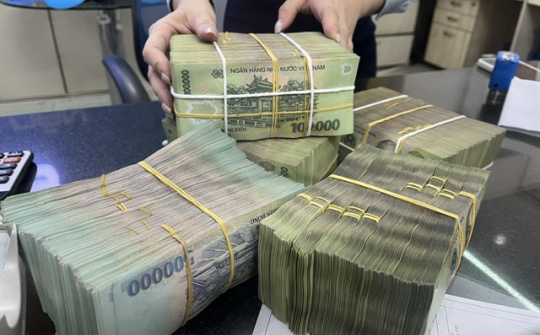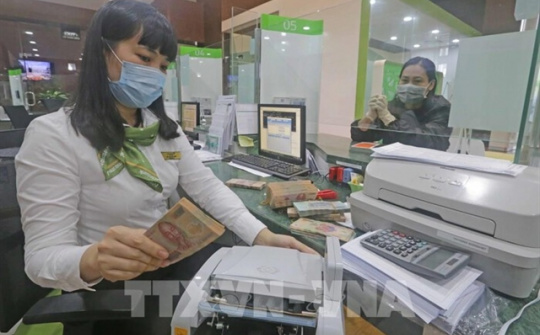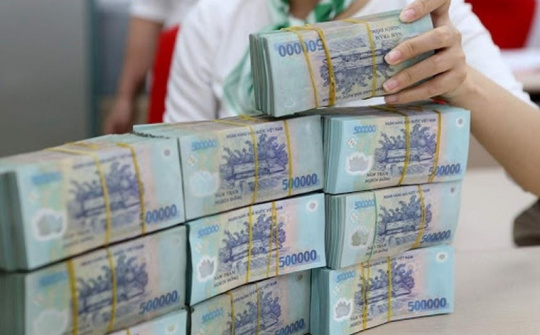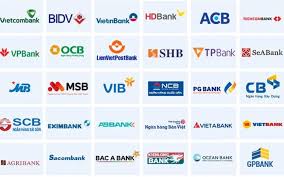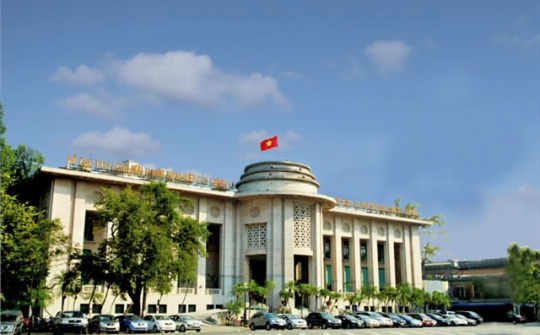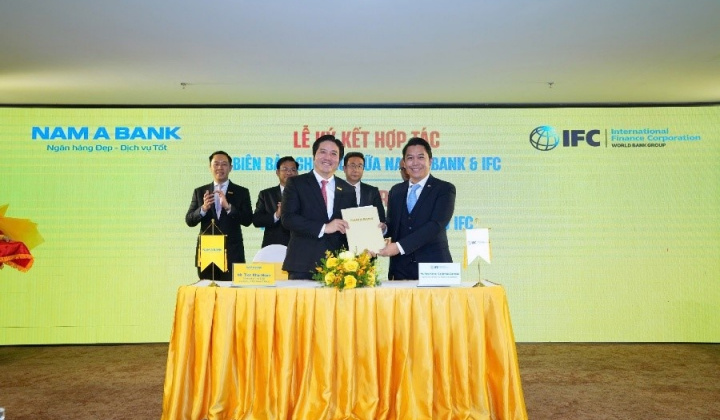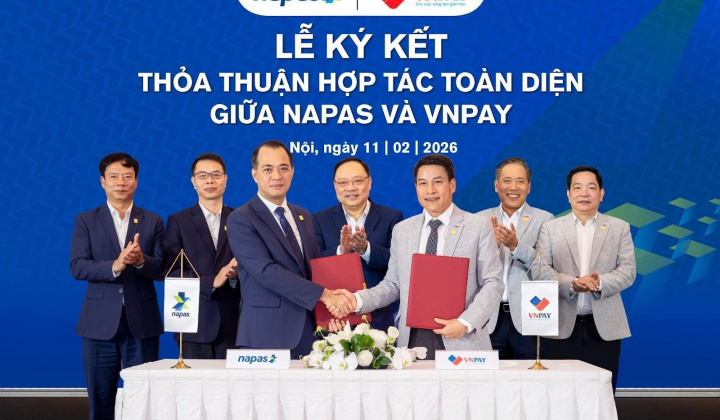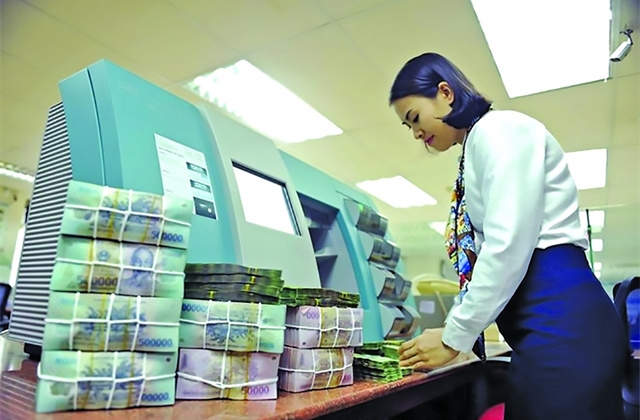The remarkable rise in bank stock prices reflects significant changes in Việt Nam's financial landscape, driven by the Government's commitment to removing administrative barriers in credit operations and the legalisation of Resolution 42 concerning bad debt management.
Several bank stocks have seen impressive gains since the beginning of the year. Notably, National Citizen Commercial Joint Stock Bank (NVB) has surged by 73 per cent, followed by Vietnam - Asia Commercial Joint Stock Bank (VAB) at 63 per cent, while both KienLongBank (KLB) and Sahabank (SHB) have increased by over 57 per cent.

A Sacombank transaction office.
Techcombank (TCB) has experienced a 43.2 per cent rise and has set records 17 times this year, while Sacombank (STB) and MBBank (MBB) have also reached new highs 23 times, highlighting ongoing upward momentum.
Analysts expect continued double-digit profit growth for these Vietnamese banks, benefitting from the Government's determination to achieve 8 per cent GDP growth and promote private economic development.
As companies report their second quarter earnings, many banks are expected to showcase strong profit growth.
In a recent directive, Prime Minister Phạm Minh Chính instructed the State Bank of Vietnam (SBV) to draft a proposal for the removal of the credit limit mechanism (credit room) by 2026. Previously, this mechanism helped control credit growth, which reached as high as 54 per cent in certain years, risking systemic instability.
While the SBV has begun to lift credit room restrictions for foreign banks and non-bank credit institutions, it remains in place for commercial banks. Investor interest in bank stocks has surged as discussions about these changes unfold.
Experts believe that if managed properly, lifting credit room restrictions will enhance lending flexibility, allowing for a more natural adjustment of capital supply and demand, thereby facilitating investment and production needs in the economy.
With expanded credit, banks will need to improve their risk assessment and management capabilities to control non-performing loans. The removal of credit limits should be complemented by new risk management regulations, such as those outlined in Basel III, to ensure system safety.
According to SSI Research, this move represents a positive step forward in the long term, provided that safety ratio regulations, particularly concerning capital adequacy ratios, are updated to maintain system stability and avoid overheating.
On June 27, the National Assembly approved amendments to the Law on Credit Institutions, which restores the right for financial institutions to seize collateral for bad debt resolution. This legal framework is expected to expedite the management of non-performing loans, freeing up business capital and enhancing capital efficiency.
SHS Research said that the original Resolution 42 contributed to improved debt resolution efficiency and reduced legal risks. By granting banks the authority to seize collateral, the lengthy litigation processes can be avoided, shortening recovery times and improving cash flow.
The assets most likely to benefit from this legislative change are real estate and consumer loans, which comprise 80-90 per cent of collateralised assets.
The current recovery rate from bad debt management among 29 listed banks represents only 16 per cent of total bad debt, indicating room for improvement.
Banks with high levels of bad debt, such as BIDV, VPBank, Vietinbank, VCB and MBB, as well as those with significant retail portfolios like Vietnam International Commercial Joint Stock Bank (VIB), Asia Commercial Joint Stock Bank (ACB) and STB, are expected to benefit the most from these policies.
Head of analysis at Maybank Investment Bank Quản Trọng Thành emphasises that legalising Resolution 42 is essential for the banking sector, allowing banks to proactively manage collateral and improve their operations.
The current state of banking bad debt is manageable and is expected to improve alongside the overall economic recovery.
Historically, bad debt resolution has been hampered by lengthy legal processes, forcing banks to set aside provisions and stop recognising interest income, significantly impacting their balance sheets.
SSI Research warns that this challenge is particularly acute for banks with high retail lending proportions, where small, geographically dispersed bad debts increase operational costs and limit credit expansion or the ability to reduce lending rates.



